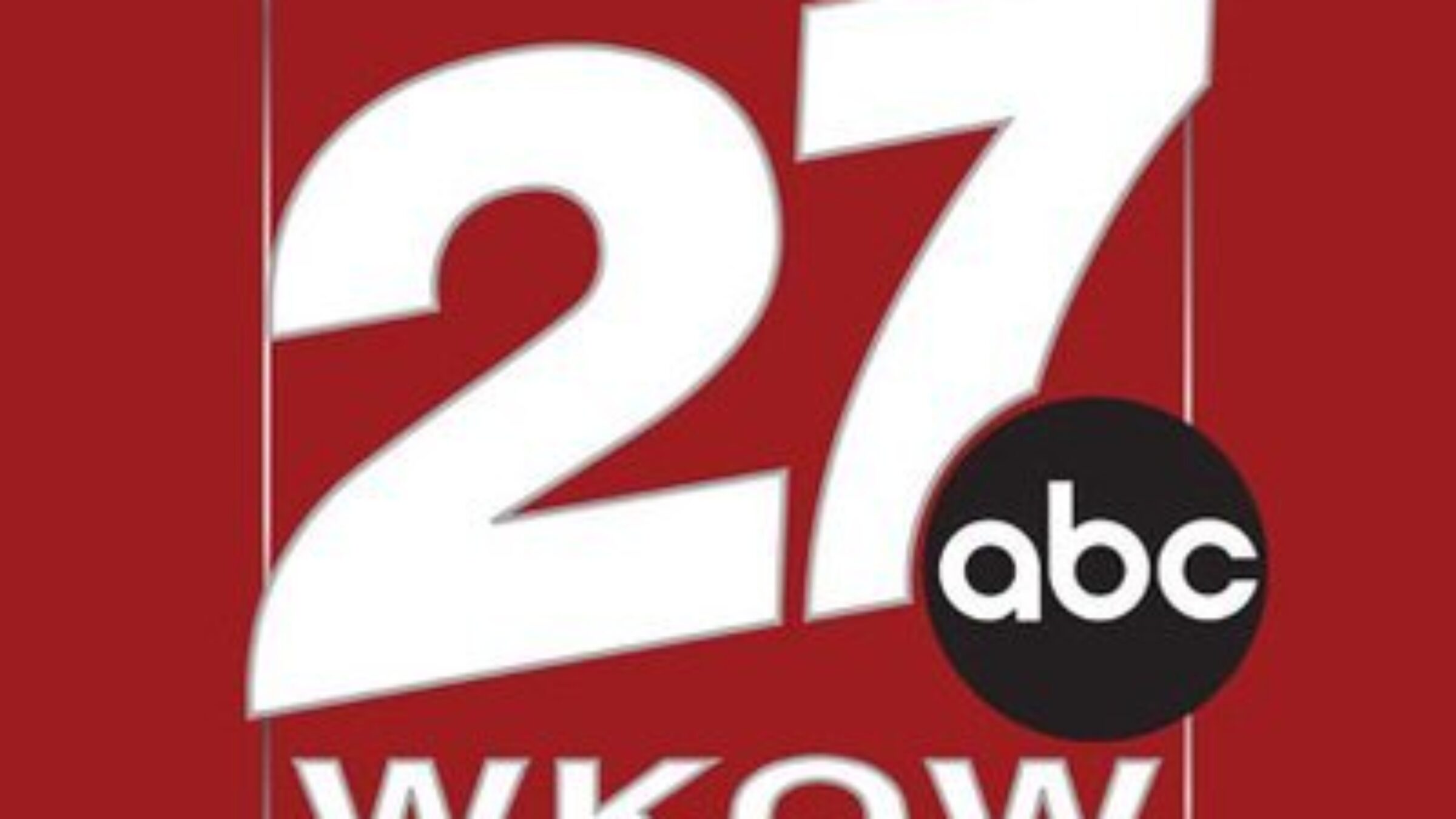Capital City Sunday: DWD clearing unemployment backlog, bridging the political divide, and supporting small biz
November 29, 2020
An overwhelming majority of voters believe the nation is deeply divided over their most important values and many have doubts about democracy itself, according to studies conducted by the Pew Research Center.

MADISON (WKOW) — The new director of the Department of Workforce Development hopes to have the backlog of unemployment claims cleared by the end of the year.
Amy Pechacek, Interim Secretary of DWD, said since taking over the position a new partnership with Google analytics and hiring additional staff has helped get through tens of thousands of unemployment claims.
“We are pretty confident at this point that we’re talking a resolution now in terms of weeks instead of months,” Pechacek said.
The goal is to have the backlog under control by the end of the year, Pechacek said. The agency is projected to process more than 100,000 claims in the next week.
As of Nov. 25, more than 70,000 Wisconsinites are still waiting for a paycheck — caught up in the backlog with more than 530,873 weekly claims still left to clear.
Since March 15, when the pandemic began and businesses were forced to close under Evers’ ‘Safer at Home’ order, DWD has received more than 8.2 million requests for unemployment benefits.
DWD recently announced a partnership with Google that uses technology to process claims and issue payments more quickly, according to Pechacek.
“We’ve increased our output over 4,000% with this new information we have in this partnership and we are working very hard and diligently to get through these remaining claims.”
Read the full story with DWD here.
Bridging the Political Divide: Millennial Action Project
An overwhelming majority of voters believe the nation is deeply divided over their most important values and many have doubts about democracy itself, according to studies conducted by the Pew Research Center.
Over the years, their studies show an increasingly stark disagreement between Democrats and Republicans on the economy, racial justice, climate change, law enforcement and many more issues.
During the 2020 presidential election, the political divide grew even more.
Pew Research conducted a study a month before the election which shows those surveyed believed a victory by the other party would lead to lasting harm to the United States. A majority of President Donald Trump’s supporters, 89 percent, said they would be very concerned about the country’s direction if Joe Biden was elected to office.
That’s about the same on the other side of the aisle, as 90 percent of Biden supporters said they would be very concerned if Trump was elected to a second term.
One group working to bridge the political divide is the Millennial Action Project (MAP) founded by Steven Olikara, a Brookfield, Wisconsin, native.
Olikara said he started to notice dysfunction in politics when working with lawmakers at the state Capitol.
“I noticed I was one of the only few people talking to Democrats and Republicans because it seemed you needed to build a coalition to get something across the finish line,” Olikara said.
This is what sparked his interest in starting up MAP, which works to recruit young leaders interested in bridging political divides.
The way to start finding bipartisanship, Olikara said, starts with a political culture that include empathy and electing leaders that believe in finding common ground.
“Support leaders in office that believe in cooperation, compassion, and have the courage to build coalitions,” he said.
When asked how Wisconsin compared to the rest of the state in political polarization, Olikara referred to a report by the National Conference of State Legislatures that ranked the Badger State as one of the worst in the country.
Looking ahead to the future, Olikara believes divisiveness won’t change overnight but is hopeful through his work it will start transforming the younger generation to be more accepting of people’s political beliefs.
Economic Impact on Small Businesses
Eighth months into the pandemic, businesses are still making changes because of COVID-19 to keep their doors open. But as we enter the winter months, customers are dwindling and some small businesses might not be able to survive.
Colin Murray, executive director of Dane Buy Local, said many businesses are getting creative to stay open, such as offering curbside pick-up, delivery, virtual shopping tours and creating options to shop online.
“Some even have options to offer a window of time for high-risk individuals to shop alone in a store, so they are really trying everything they can to provide these opportunities that are safe and comfortable,” said Murray.
As the holidays near, Murray is also encouraging people to shop small instead of the big box stores as hundreds of businesses are closing their doors due to the coronavirus pandemic.
“Just one or two sales during the day sometimes is all they need to keep them from going. It makes all the difference to these small businesses.”
Each dollar you spend at independent businesses returns three times more money to your local economy than one spent at a big box store or chain, said Murray.
About 20% of businesses on the iconic State Street and around the Capitol Square have closed. Murray hopes more people think to ‘shop small’ in hopes to save small businesses before it’s too late.
“They put all their efforts into these businesses all these years and they are watching it slip away and it’s nothing they’ve done it’s just circumstances. Anything we can do makes all the difference.”






Join 1,900+ BIPARTISAN LEADERS NATIONWIDE
Be a part of a network of lawmakers committed to governing effectively, passing more representative public policy, and increasing public trust in democracy.